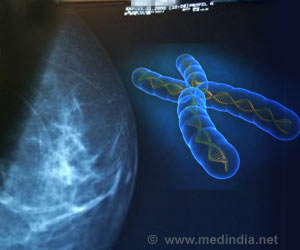Antibody Drug Conjugates have shown a clearly documented efficacy and acceptable toxicity and can be easily implemented in oncology departments.

‘Antibody Drug Conjugates have shown a clearly documented efficacy and acceptable toxicity and can be easily implemented in oncology departments where chemotherapy administration is a routine practice.’





In a review collecting the clinical results of 11 studies including
598 patients treated with six ADCs and nine studies (including 377 patients
treated with five ARCs), toxicity was generally less frequent with ADCs
than with ARCs but often led to more uncomfortable side effects. Both
conjugates have shown some clinical efficacy in terms of survival
(progression free survival or overall survival) depending on the tumor
type, radiosensitive or not. The good results of both conjugates could be significantly improved in the future.Targeting Cancer Stem Cells (CSC) using both cytotoxic payloads (drugs or radionuclides) could delay tumor relapse. Preclinical studies have shown a promising therapeutic index with long-term tumor regression warranting a clinical application.
Efficacy of ARCs could be improved with the use of alpha-emitting radionuclides which deliver a high fraction of their energy inside the targeted tumor cell leading to highly efficient killing especially for isolated tumor cells or clusters of malignant cells in the body.
The efficacy of both ADCs and ARCs could be enhanced by parallel treatment with immune checkpoint inhibitors thus providing synergistic immunogenic cell death.
In conclusion therapeutic immunoconjugates using chemotherapeutic drug or radionuclides as cytotoxic payloads have clearly shown clinical efficacy, which could be significantly improved in the near future.
Advertisement











